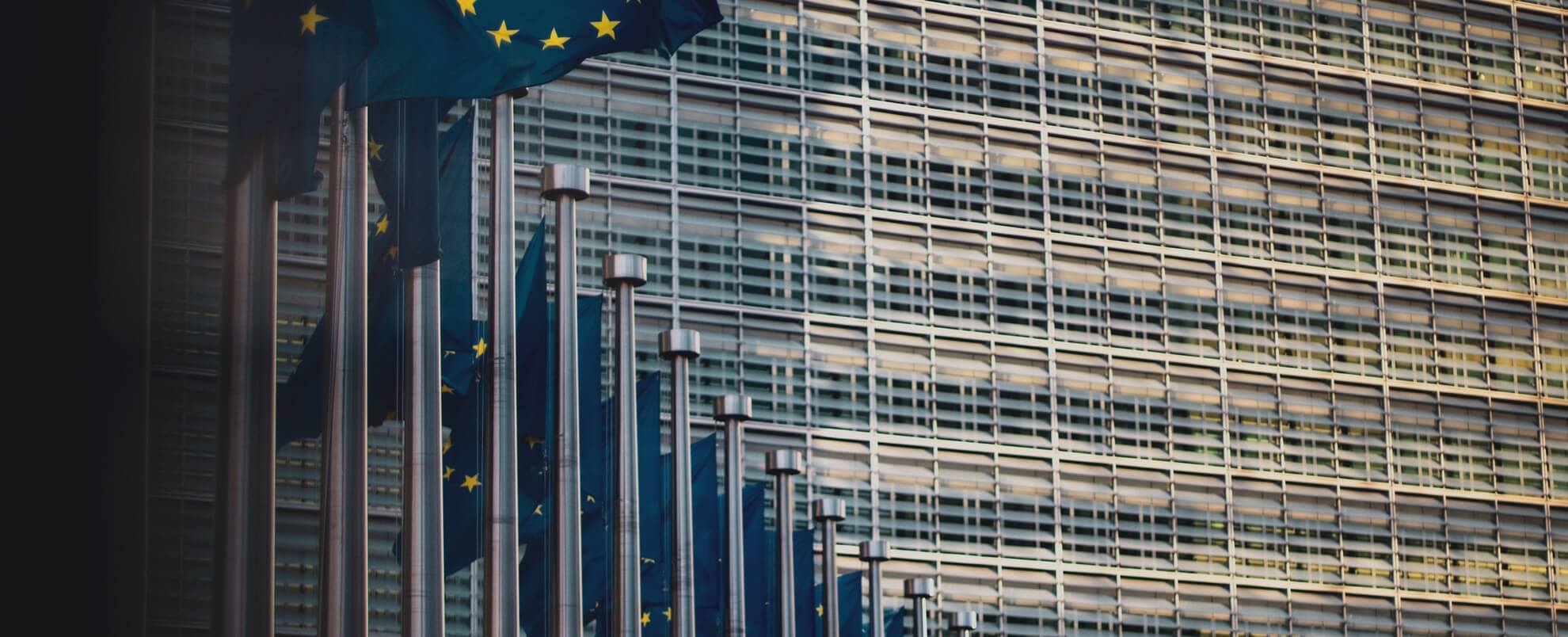Today, the European Commission has launched a crucial Public Consultation for its upcoming Circular EconomyCircular EconomyA systems solution framework that tackles global challenges like climate change, biodiversity loss, waste, and pollution. It is based on three principles, driven by design: eliminate waste and pollution, circulate products and materials (at their highest value), and regenerate nature. Act (CEA). The Foundation has joined a coalition of seven leading European civil society organisations to issue a joint statement calling for an ambitious and transformative piece of legislation.
The highly anticipated Circular Economy Act, expected to be proposed in Q4 2026, is a cornerstone of the EU's broader Clean Industrial Deal package, which aims to position the EU as the world leader in the circular economy by 2030. This new act will build upon the foundation laid by the 2020 Circular Economy Action Plan, which has already spurred significant legislative initiatives in areas like product design and waste management.
The joint statement is a collaborative effort by seven prominent European civil society organisations: Cambridge Institute for Sustainability Leadership (CISL), Ellen MacArthur Foundation, Environment Coalition on Standards (ECOS), European Environmental Bureau (EEB), Institute for European Environmental Policy (IEEP), ReuseReuseThe repeated use of a product or component for its intended purpose without significant modification. and Recycling European Union Social Enterprises (RREUSE), Zero Waste Europe. The statement aims to ensure that the Act fully embeds circular economy principles in Europe’s entire economic system.
The statement reinforces the role of the circular economy as key for the EU to reach its three main priorities: competitiveness, strategic resilience, and decarbonisation. It urges the European Commission to ensure that the upcoming EU Circular Economy Act delivers an ambitious, systemic shift in how Europe manages its material use, specifically with three asks:
Set science-based targets on resource use.
Harness the potential of keeping products and components in use, not just materials.
Accelerate safe material circulation by integrating chemical and circular economy legislation.
The publication of this joint letter marks a significant moment in the journey towards a more circular and sustainable Europe. It underscores the urgent need for robust legislation that can accelerate the transition and secure the EU's leadership in the global circular economy.


